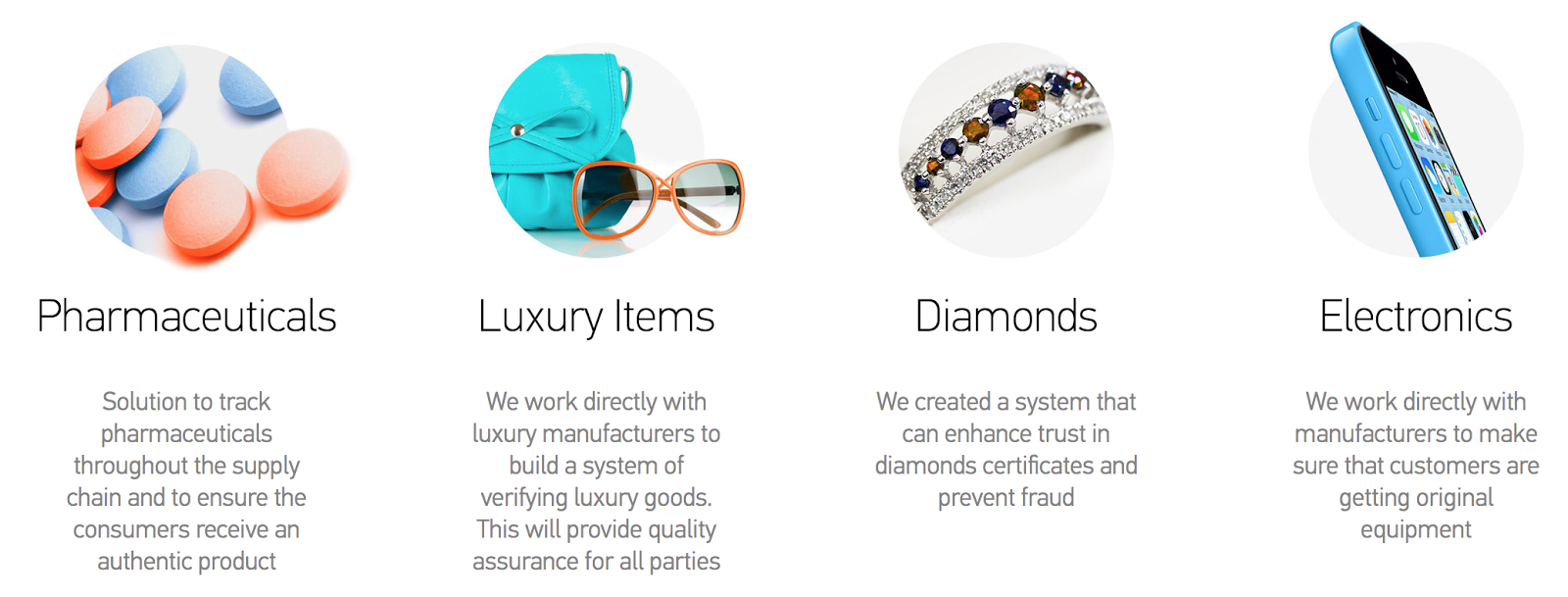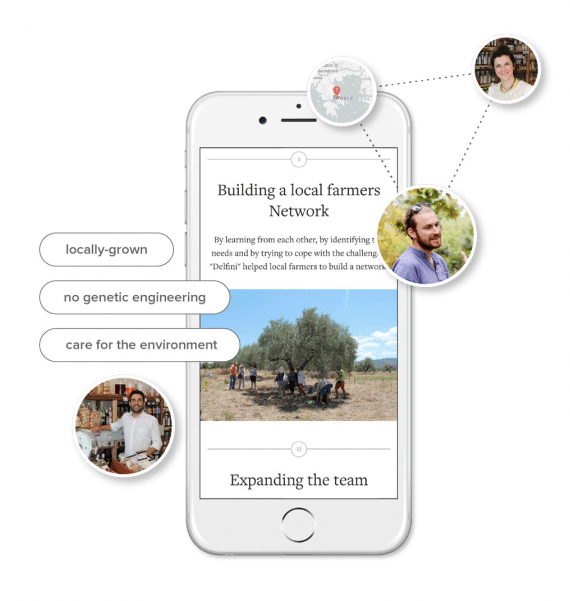In “10 Ways Blockchains Can Benefit Merchants,” my previous article, I addressed potential uses for blockchain technology. In this post, I’ll describe 10 service providers that already use that technology.
Blockverify
Blockverify utilizes blockchains to identify counterfeit goods and make the supply process more transparent. Each product gets labeled with a Blockverify tag that helps verify the origin of the product at each step in the supply chain. All of this data is maintained on a blockchain and can be accessed to verify authenticity by consumers at any given time. The technology supports products in four verticals: pharmaceuticals, luxury items, diamonds, and electronics.
Veem
Veem enables businesses to send and receive online payments inexpensively, all in their local currency. The solution is built using blockchains along with some other technologies to enable transfers directly from one bank account to the other. It is in use in more than 60 countries.
Ascribe
Ascribe offers a blockchain product for managing and selling digital art. Artists register themselves as the creator and use the blockchain to associate their digital artworks. It then tracks sales by transferring the ownership of the artwork from the creator to the buyer. For independent retailers, this type of security could reduce ownership concerns and prevent copyright claims.
OpenBazaar
OpenBazaar is a decentralized peer-to-peer online marketplace. Payments are made using bitcoin. The OpenBazaar app is free to download.
Provenance
Provenance, like Blockverify, focuses on improving the transparency of supply chains. But instead of identifying counterfeit products, it helps determine if the products were sourced ethically and sustainably. It promotes brands that commit to ethical sourcing, fair working conditions, quality, and sustainability. Retailers can use this information to promote more ethical and sustainable products.
Everledger
Everledger offers a permanent blockchain ledger for tracking and protecting valuable assets for insurance companies, owners, claimants, and law enforcement teams. Everledger supports both public and private blockchains. The latter works by giving access only to certain individuals.
Wave
Wave enables ease of exchanging documents between members of a supply chain by utilizing blockchain. This helps manage and resolve disputes as the blockchain provides irrefutable evidence of what has happened at each point in the chain, detecting forgeries and unnecessary risks. By not using a central body to govern this document exchange, Wave eliminates single point of failure and also avoids third-party fees.
Warranteer
Warranteer uses blockchain technology to manage product warranties digitally. The company works with Asus, LG, GoPro, Hisense, and other leading brands. All warranties can be stored in a blockchain wallet and kept up to date in real-time. Warranties are automatically activated, and various after-sale services are tracked. Users are prompted by Warranteer if a warranty is about to expire, with an easy way to extend it. Additionally, warranties can be transferred transparently from one provider to another.
Loyyal
Loyyal is a loyalty platform built on blockchain. It works with loyalty programs of multiple industries — such retail and airlines — to offer multi-branded rewards by combining, say, a retailer and airline for a single reward. This interoperability leads to greater redemption options and superior program liability management.
POSaBIT
POSaBIT allows consumers to purchase cryptocurrencies during the point-of-sale retail experience. These digital wallets can be used to make purchases on the spot or anywhere that accepts those currencies, such as Amazon, Overstock, Expedia, and more.
Do you use a blockchain solution? Please let us know in the comments, below.


